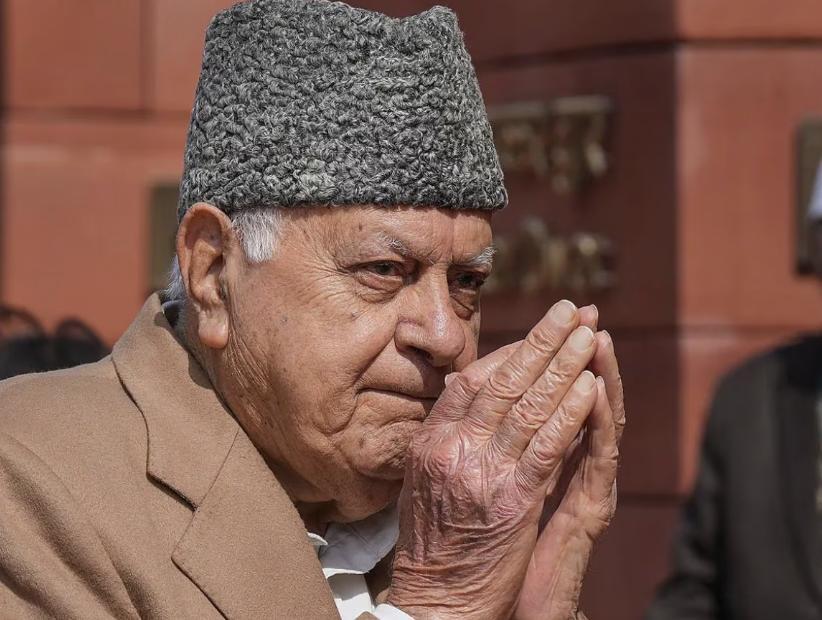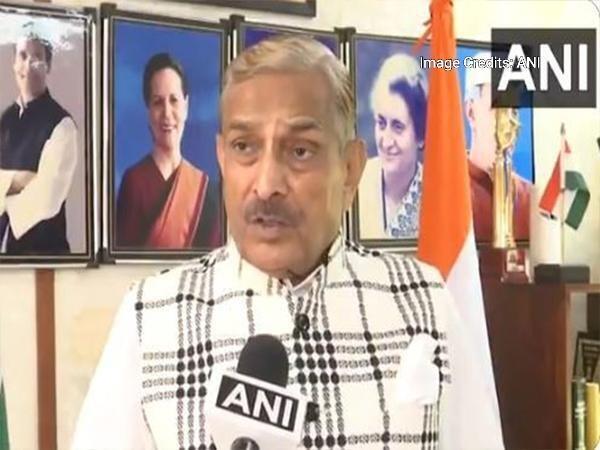
Ex-R&AW chief Dulat claims Farooq privately backed Article 370 abrogation, he denies
In a shocking revelation, former R&AW chief AS Dulat has made a stunning claim in his new book, “The Chief Minister and the Spy”. Dulat, who is known for his extensive experience in the field of espionage, has alleged that former Jammu and Kashmir Chief Minister Farooq Abdullah privately backed the abrogation of Article 370.
Article 370, which granted special status to Jammu and Kashmir, was scrapped by the Indian government in August 2019. The move was met with widespread protests and criticism from various quarters, with many accusing the government of violating the rights of the people of Jammu and Kashmir.
In his book, Dulat claims that Abdullah had suggested that the National Conference (NC), the party he headed at the time, would support the abrogation of Article 370 if it was done privately. Dulat reportedly wrote that Abdullah believed that by doing so, the NC would be able to pass the Bill in the Assembly.
However, Abdullah has categorically denied these allegations, calling them a “figment of imagination” of the author. In a statement, Abdullah said, “I am shocked and saddened to see such a statement from someone who claims to be my friend. I have always stood by my principles and my commitment to the people of Jammu and Kashmir. I have never backed the abrogation of Article 370.”
Abdullah’s denial has sparked a debate, with many questioning the credibility of Dulat’s claims. Some have pointed out that Dulat has a history of making controversial statements, and that his claims should be taken with a pinch of salt.
However, others have defended Dulat’s claims, saying that they are consistent with the known facts about the events leading up to the abrogation of Article 370. They argue that Abdullah’s NC had been facing financial and political difficulties, and that the party may have seen the abrogation of Article 370 as a way to gain an advantage.
The controversy has also raised questions about the role of Abdullah’s NC in the current political landscape of Jammu and Kashmir. The party has been facing a crisis since the abrogation of Article 370, with many of its leaders being arrested or detained.
The NC has been struggling to maintain its relevance in the current political scenario, and the controversy surrounding Dulat’s claims has only added to its woes. The party has been trying to regain its lost ground, but it remains to be seen whether it will be able to do so.
In the meantime, the controversy has sparked a debate about the role of the Centre-state relations in the current political scenario. Many have argued that the Centre’s decision to abrogate Article 370 was a violation of the rights of the people of Jammu and Kashmir, and that the move was aimed at weakening the NC and other regional parties.
Others have argued that the Centre’s decision was necessary to address the long-standing political and economic grievances of the people of Jammu and Kashmir. They argue that the special status granted to the state had created a sense of separatism and alienation, and that the abrogation of Article 370 was a necessary step towards integrating the state with the rest of the country.
As the debate rages on, one thing is clear: the controversy surrounding Dulat’s claims has deepened the divisions in Jammu and Kashmir. The people of the state are more divided than ever, with many questioning the intentions of the Centre and the NC.
In the end, it remains to be seen whether the controversy will have any lasting impact on the political landscape of Jammu and Kashmir. One thing is certain, however: the debate has raised important questions about the role of the Centre-state relations and the future of the state.
Sources:
https://repository.inshorts.com/articles/en/PTI/5880e3bf-0a05-40d6-887a-465b5c760b3a






